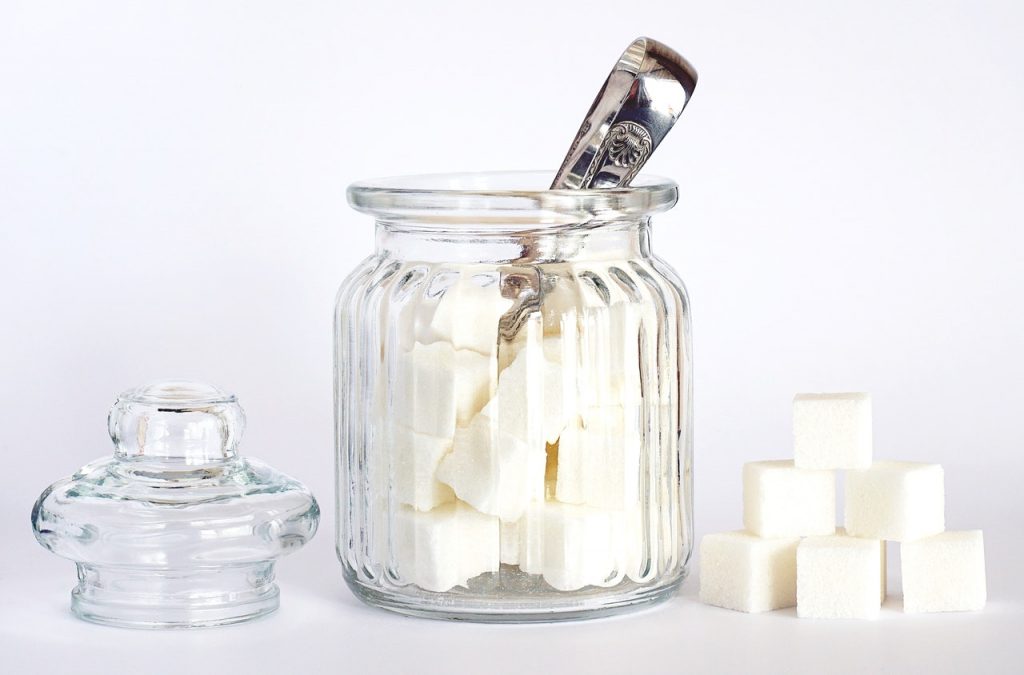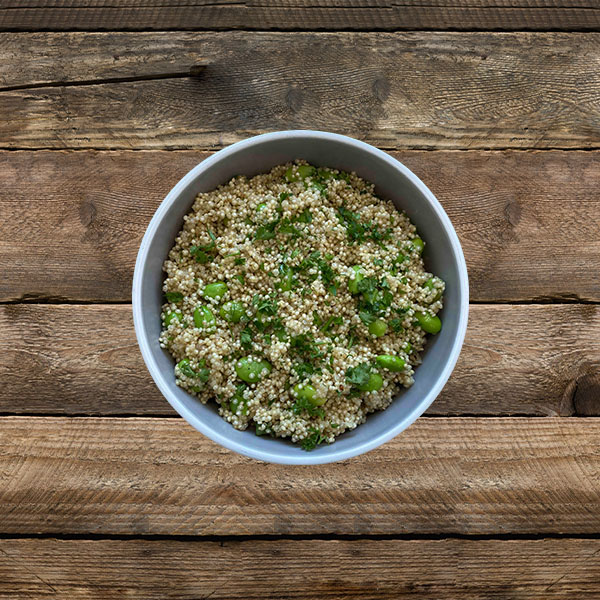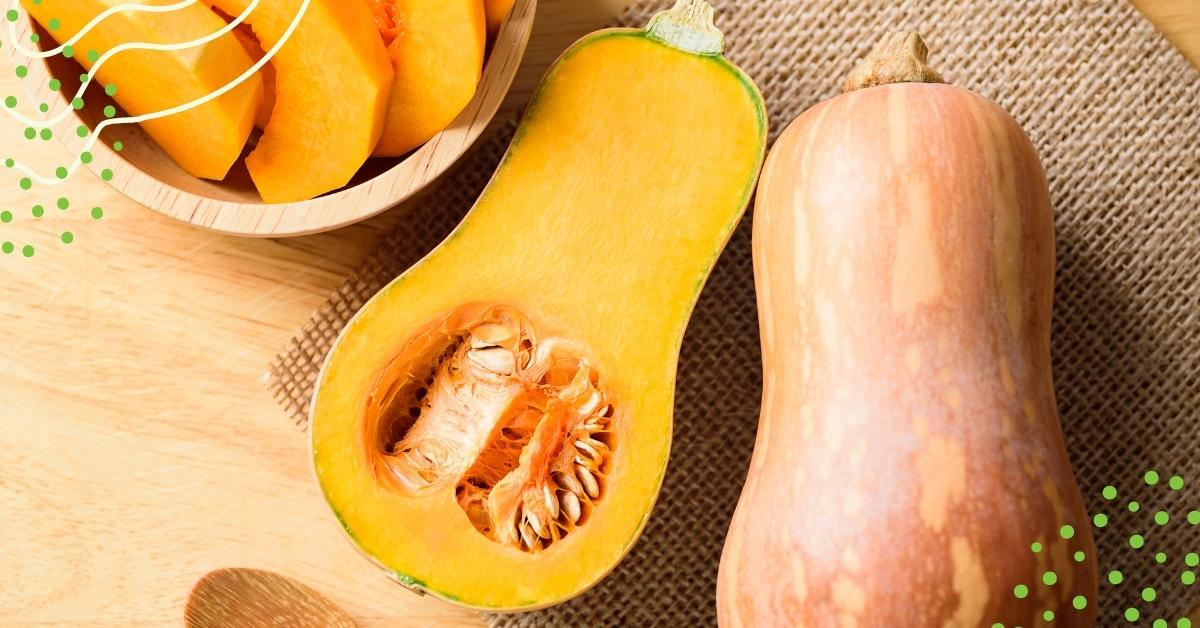Does better sleep start at your plate? Changing the way you eat may help you enjoy better sleep. In fact, diet is one of the first areas of your life to investigate if you’re suffering from poor-quality sleep, disrupted sleep or restless nights.

It’s hard to be your best when you’re not getting proper rest. Poor sleep is associated with mood issues, cognitive impairment, depression, stress, cardiovascular issues and many more short-term and long-term problems that rob us of happiness, productivity and vitality.
What do you do when you’ve tried all of the “sleep tricks” without any success? Unfortunately, all of the noise machines, light-blocking curtains and essential oils in the world can’t always replace those core building blocks for good sleep that can only be found in nutrients. Yes, what you’re eating may be keeping you up at night! This can be true even if you eat a relatively “healthy” diet because some foods simply aren’t sleep-friendly. What’s more, what you’re not eating can also hurt your sleep.
The good news for anyone exploring the sleep-diet link is that many tasty, wholesome foods that are easy to enjoy can promote more complete, nourishing sleep cycles. Take a look at what science is saying about how to eat your way to better sleep!
Understanding the Link Between Food and Sleep: How What You Eat During Your Waking Hours Impacts Your Restful Hours
Poor sleep habits and poor diet happen to be common among people who lead busy lifestyles. Unfortunately, mixing the two can create a real disaster for health, well-being and productivity. Fortunately, working on these two areas as part of a plan for better living is relatively easy to do once you know about the foods that promote better sleep.

According to a study published in the American Academy of Sleep Medicine in 2016, “Eating less fiber, more saturated fat and more sugar is associated with lighter, less restorative, and more disrupted sleep.” This echoes what many researchers, doctors and dieticians have known about fatty, sugary, low-fiber foods for a long time. Results from this particular study show that greater fiber intake actually predicted more time spent in the deep, slow-wave stage of sleep. This is considered the brain-building, nourishing portion of the sleep cycle. By comparison, taking in higher percentages of energy from saturated fat predicted a reduction in slow-wave sleep. Research also reveals that higher sugar intake is associated with frequent arousals from sleep. The most shocking finding to be revealed by the study is that these negative or positive changes don’t necessarily build up over time. Just a single day of higher fat intake, higher sugar intake or lower fiber intake can influence sleep quality.
The good news is that enjoying whole, higher-fiber foods in your diet is relatively easy. Familiar favorites like lentils, beans, avocadoes, apples, berries and broccoli all have high fiber content that helps to leave you feeling satisfied. When planning a sleep-friendly diet that contains enough fiber, it’s essential to at least meet the recommended daily fiber intake of 25 grams to 30 grams. That intake level should ideally be coming from foods instead of supplements. Unfortunately, most Americans are falling short of that goal. The average daily fiber intake in the United States is just 15 grams per day. Factoring in that figure, it’s not surprising that 70 percent of American adults report having insufficient sleep at least one night per month. For 11 percent of Americans, that insufficient sleep is experienced every night.
Eat More Foods Containing Magnesium
Magnesium is the sleep mate you never knew you needed. In recent years, magnesium has received lots of attention for being a mineral that promotes better sleep. In fact, several studies link magnesium with improved sleep quality. This mineral even shows promise for helping people to overcome insomnia. There’s also evidence that magnesium promotes better, more restful sleep by reducing the levels of a stress hormone called cortisol that is known to be a serious sleep disruptor. Here’s a look at some foods that are naturally high in magnesium:

Try our organic white quinoa with edamame, parsley, salt and pepper.
- Leafy greens
- Beans
- Nuts/almonds
- Seeds
- Whole grains
- Low-fat dairy
- Fish/tuna
- Bananas
- Dark chocolate
- Raisins
If you’ve never focused on magnesium before, it might be a good time to pay attention to how much of it you’re consuming every day. For men, the recommended dietary allowance for magnesium is between 400 and 420 milligrams per day. The recommended daily allowance for adult women is 310 to 320 milligrams. It’s important to get as much of the recommended daily allowance of magnesium as possible through diet instead of using supplements. A simplistically clean and delicious meal option like a quinoa salad is a great go-to choice if you’re looking to increase the magnesium in your diet.
Promote Better Sleep by Getting Rid of Acid Reflux
While getting enough fiber in your diet is the first step to eating your way to better sleep, you may have some extra steps to take if acid reflux or gastroesophageal reflux (GERD) are to blame for sleepless nights. These painful conditions can make it difficult to sleep without propping your body up with pillows. Even that often isn’t enough to stop sleep disruptions.
We know that high-fat foods are linked with reflux issues. The same goes for alcohol and carbonated beverages. However, it’s not just “unhealthy” foods that can trigger symptoms. Onions, citrus, tomatoes and peppermint are also known reflux triggers. Coffee and tea can also exacerbate reflux issues. If your sleep is being disrupted by reflux, it’s important to plan your meals carefully to avoid accidentally reaching for dishes that contain foods on the list of reflux “offenders.”
Audit Your Relationship With Caffeine

Many of us are guilty of reaching for caffeinated beverages to power through the second half of the day. Unfortunately, we may be paying for that little “jolt” of energy for the rest of the night through poor sleep. Caffeine can stay in your body for up to nine hours after being consumed. In one study, researchers found that consuming caffeine within six hours of bedtime could reduce total sleep duration by a full hour!
It’s possible to have a healthy relationship with caffeine without necessarily cutting it from your life. Sleep experts recommend limiting daily caffeine consumption to no more than 300 to 400 milligrams per day. That’s not so painful once you realize that totals three to four 8-ounce cups of coffee every day! However, sleep experts warn that consuming more than 200 milligrams of caffeine per day can increase your risk of having difficulty with falling and staying asleep. It’s also important to be wary of fancy coffee drinks that contain sugar or high-fat ingredients close to bedtime because these flavorful treats can cause spikes in blood sugar that will cause you to crash.
The bottom line on caffeine is that it’s probably best to try to drastically limit your consumption if you’re having sleep issues. Many people who depend on caffeine to push through to the end of the day may bristle at this idea. After all, it can be very difficult to conjure up the energy to get work done, focus on household tasks or put in a workout without feeling totally zapped after a long day. It turns out that rethinking your diet can make it easy to avoid energy slumps that you usually fix with caffeine.
Eating high protein foods full of fiber and low in sugar can help you enjoy sustained energy without the peaks and valleys that come from simply grabbing “easy” snacks and drinks full of sugar and carbs. Many people find it easier to ditch their reliance on coffee in the morning by switching up the breakfast routine. One idea to consider is switching from coffee to a high-protein, nutrient-dense smoothie that provides that much-needed morning energy without the impending energy “crash.”
Eating for Better Sleep Is Eating for Better Living
Many people who make dietary changes to tackle sleep issues find that they end up getting a new lease on life in many ways. That’s because many of the issues that cause poor sleep ultimately cause reduced energy levels, mood issues and many more problems that may be going unnoticed. Better, more complete nutrition combined with better sleep creates the perfect recipe for feeling energized and capable. Knowing where to start is always the most challenging part. Many people find that creating carefully crafted meal plans that are full of sleep-friendly foods makes it easy to avoid the habit of “grabbing” for whatever is convenient.
In many cases, this means choosing a week’s worth of food that can be delivered entirely ready to eat! If you’re suffering from sleep issues that are hard to pin down, start with diet! A delicious meal of your dreams may just lead to sweeter, longer dreams every night!





